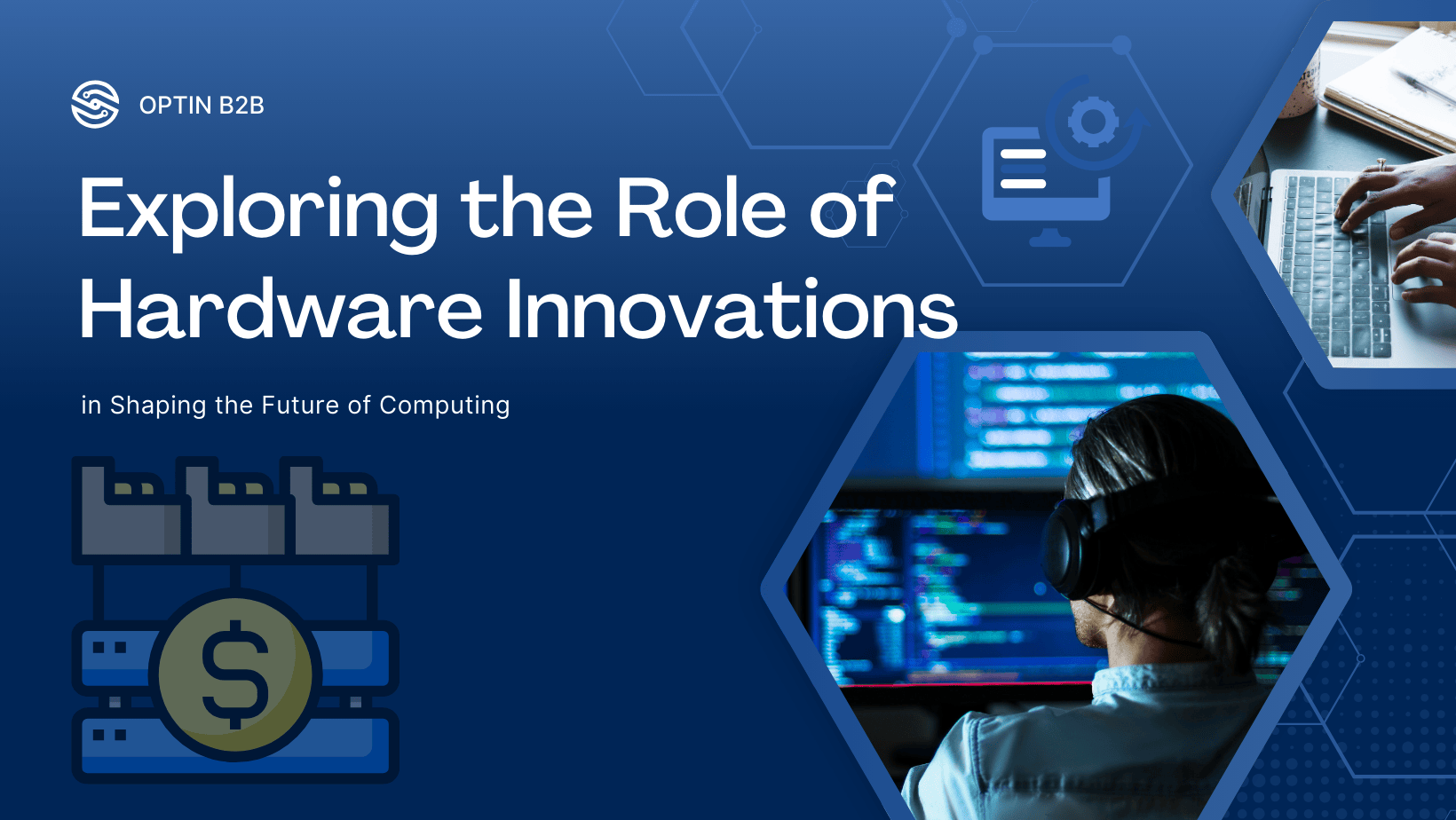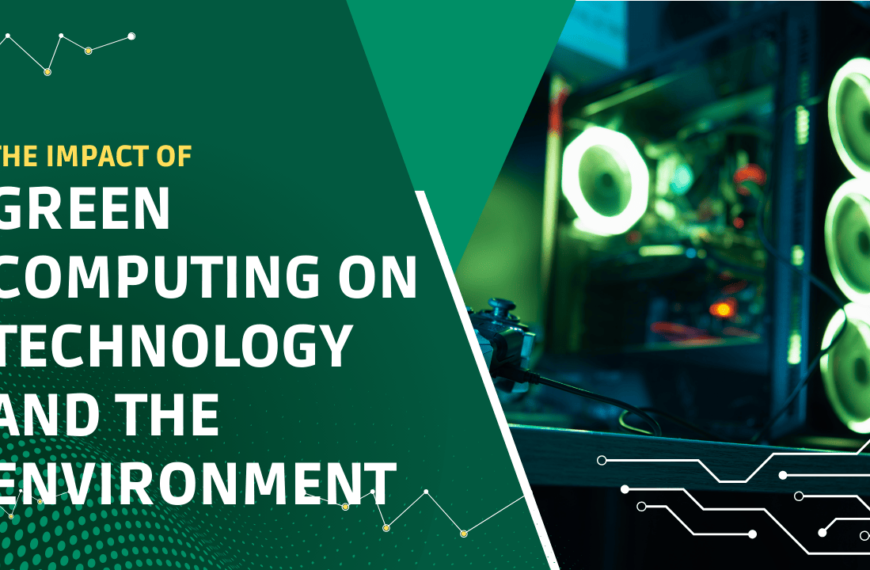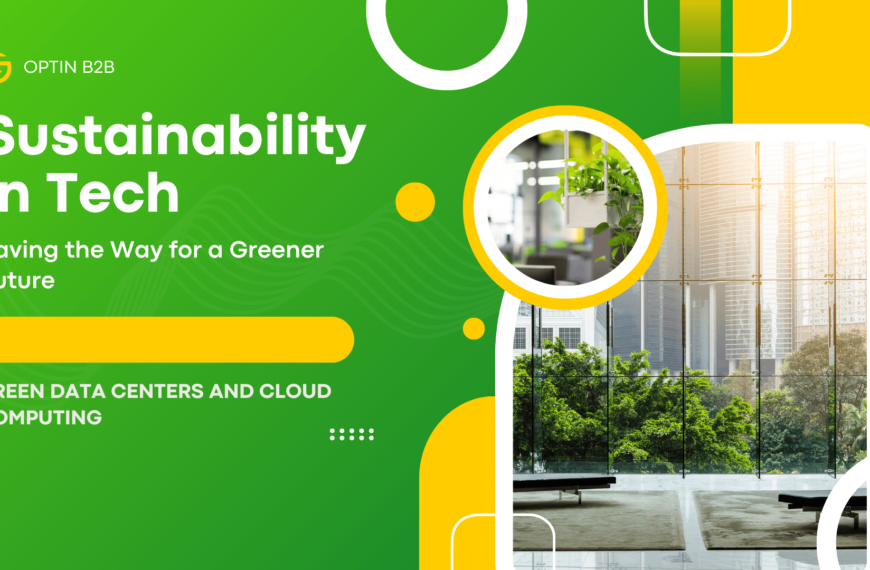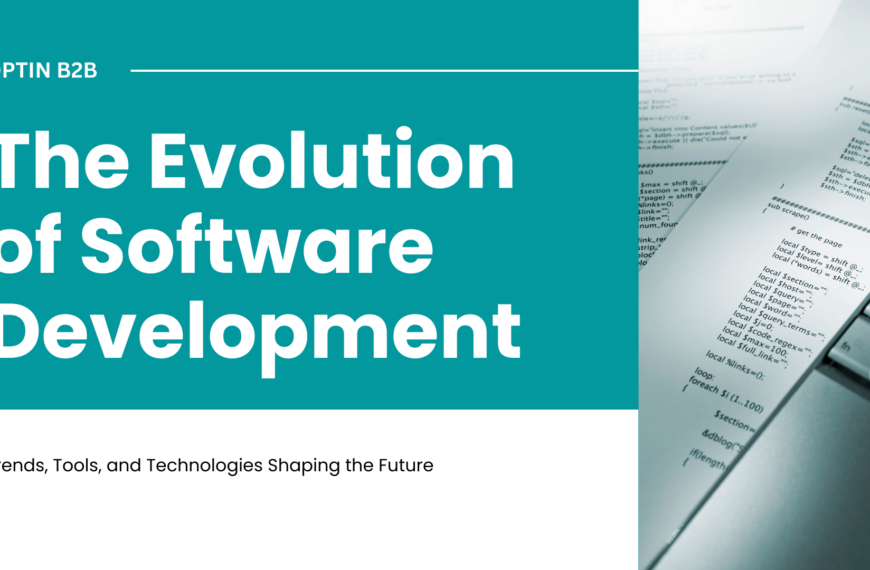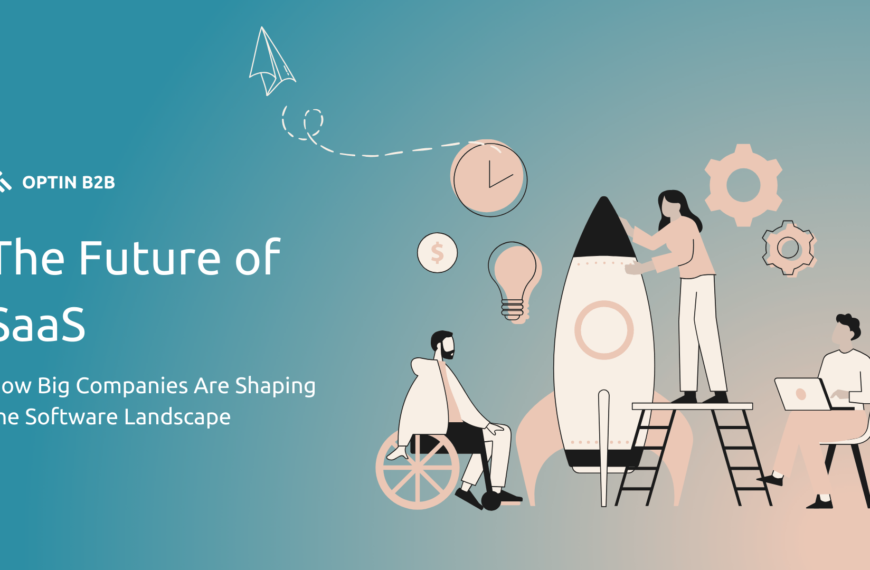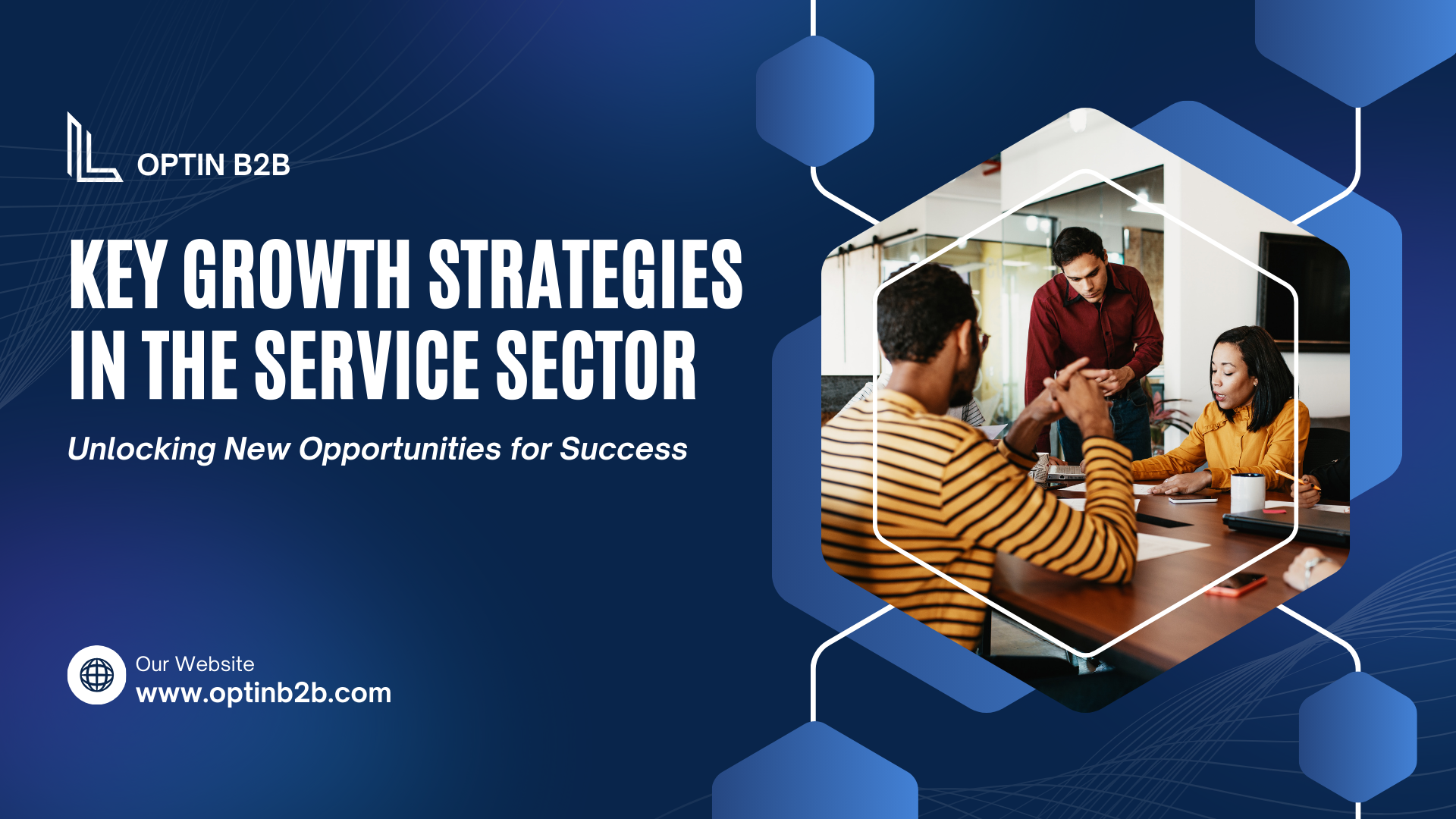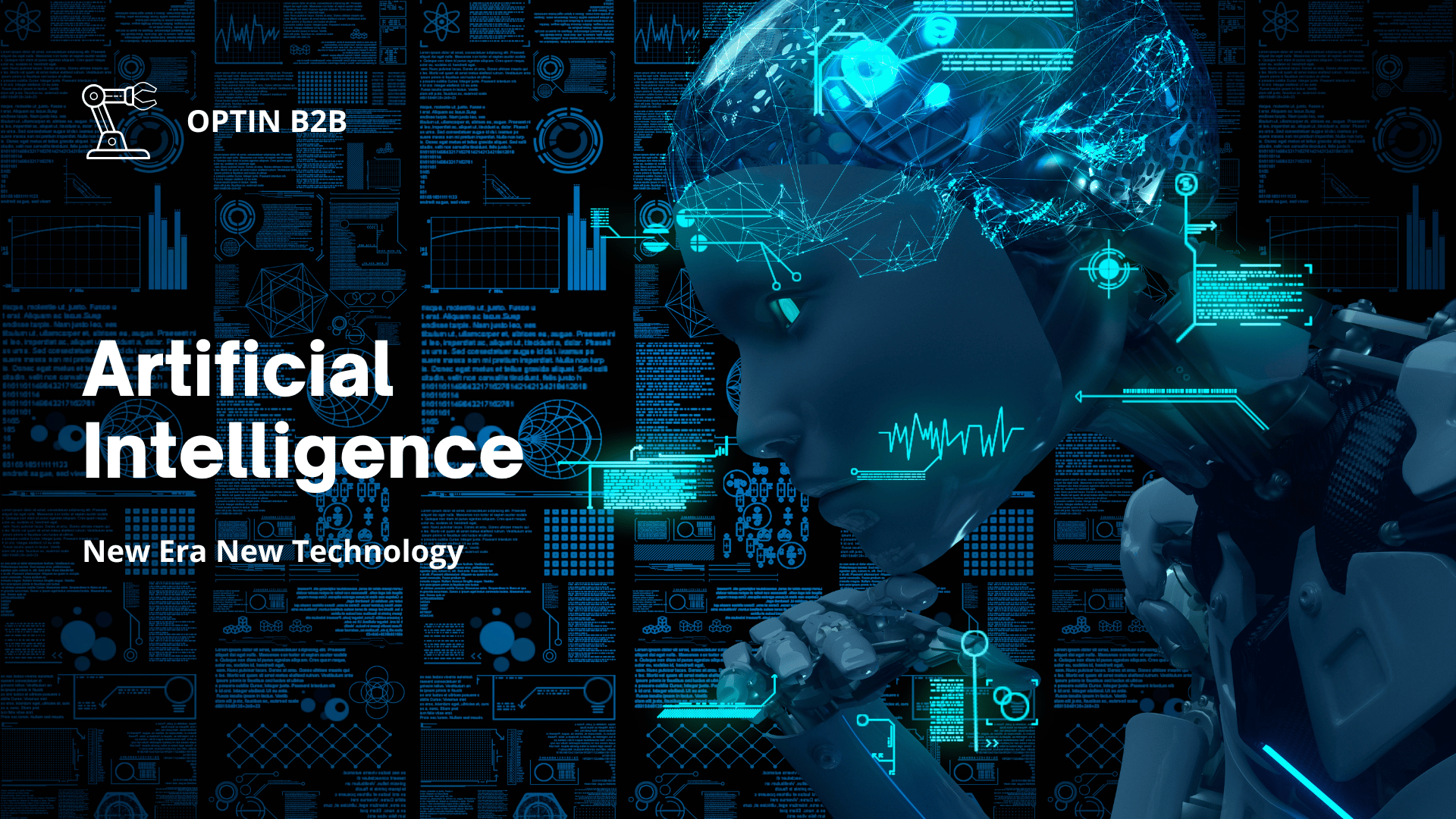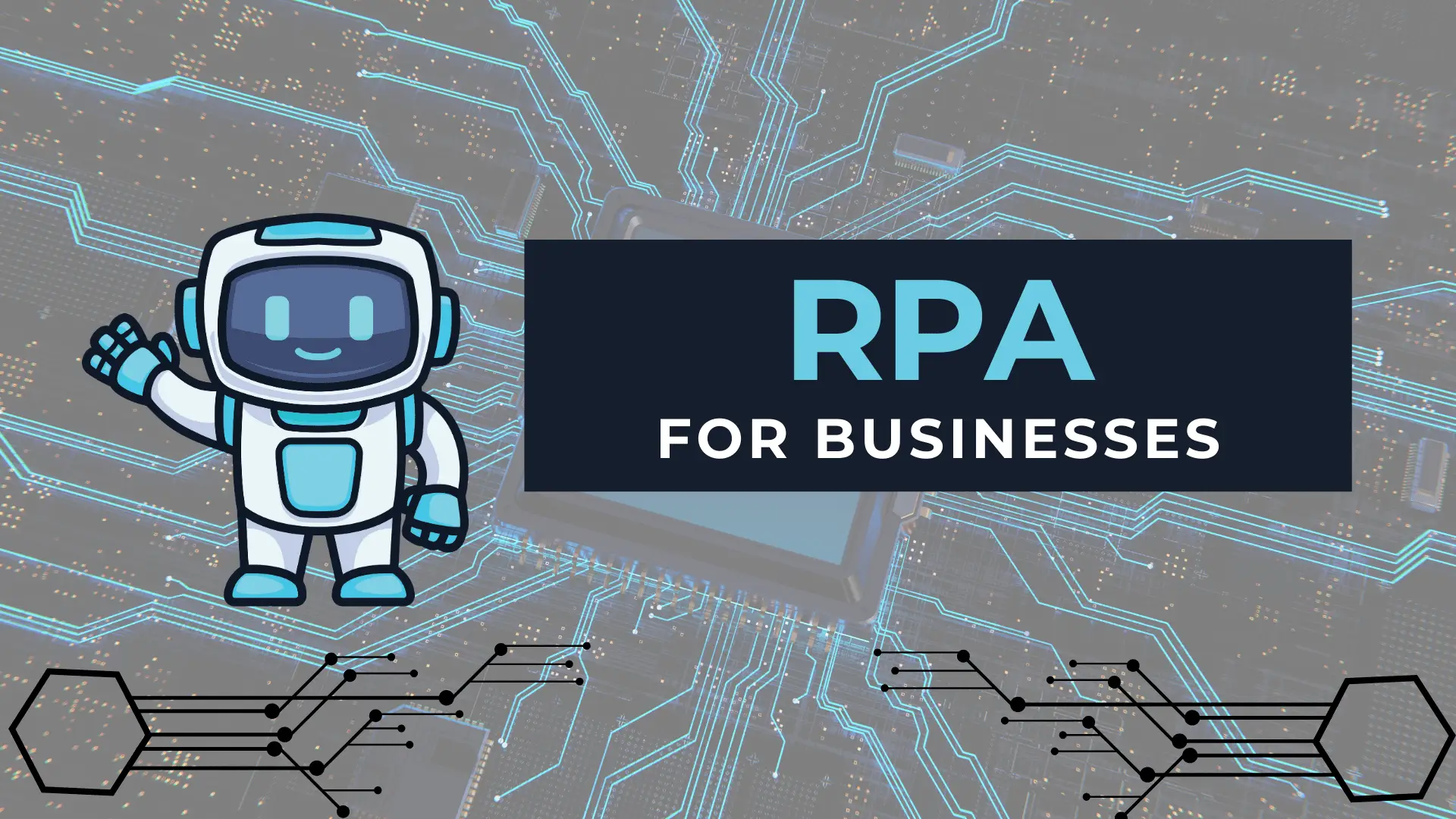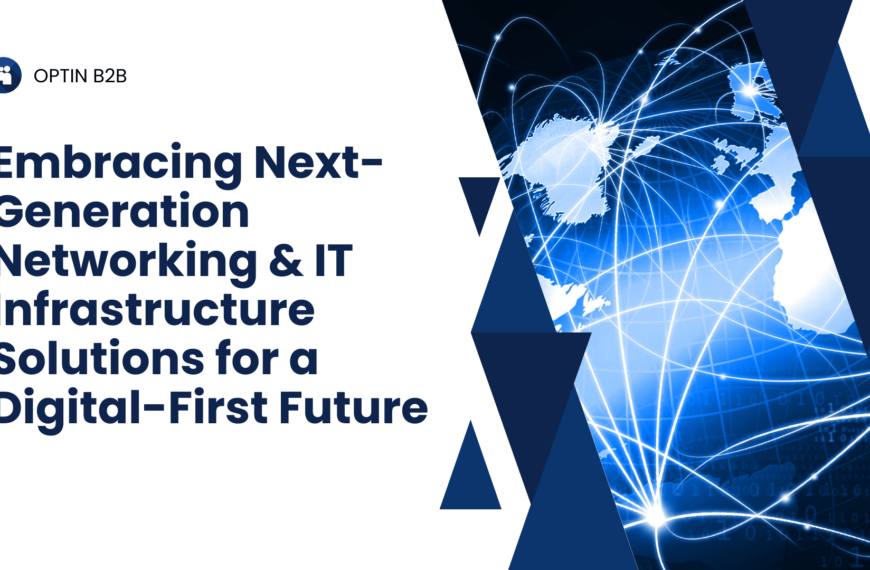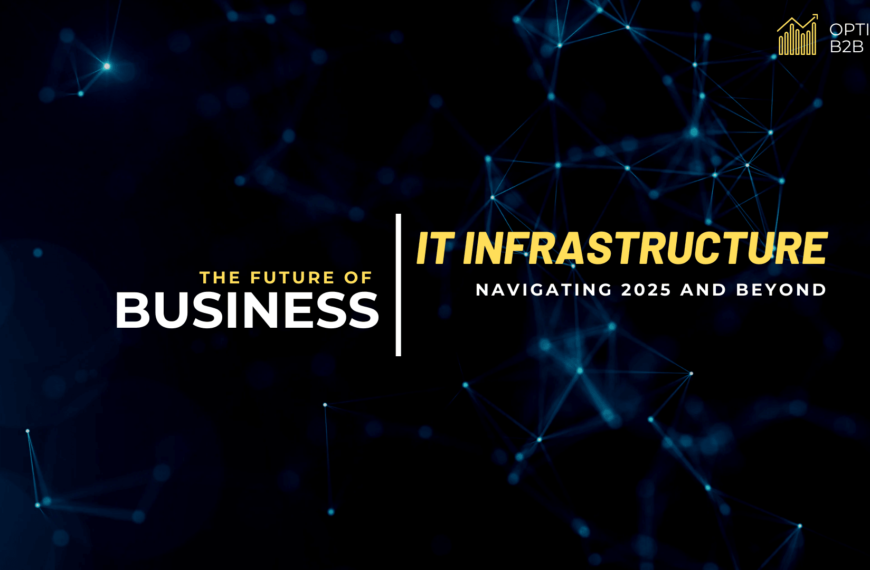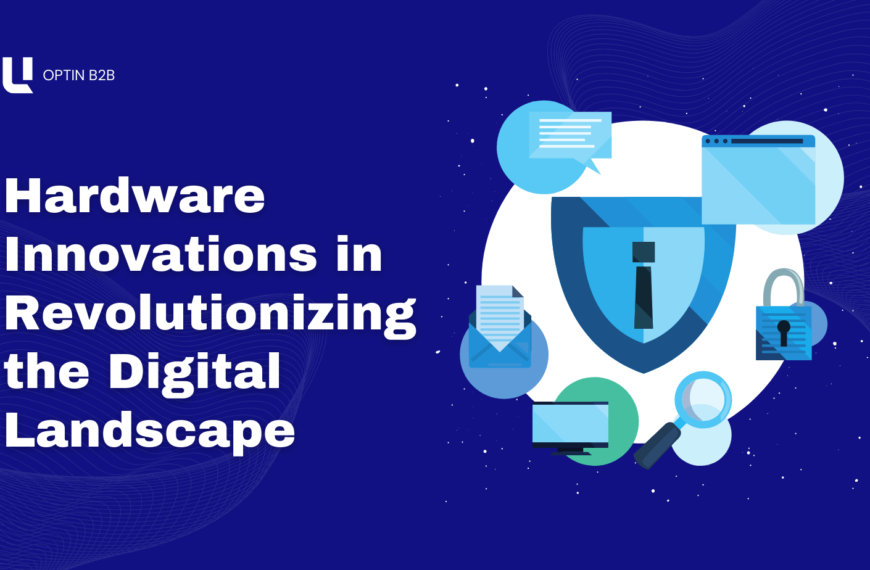The world of hardware innovations is undergoing a rapid transformation, unlocking new possibilities for industries across the globe. As we move into 2025, advancements in hardware are poised to support the growth of artificial intelligence (AI), cloud computing, and IoT (Internet of Things). These breakthroughs are enabling more powerful, efficient, and sustainable computing systems that will revolutionize the way businesses operate and engage with technology.
At the forefront of hardware innovation is the field of AI hardware. Companies like NVIDIA and Google are developing specialized AI chips that accelerate machine learning tasks, from natural language processing to real-time decision-making. These Tensor Processing Units (TPUs) and Graphics Processing Units (GPUs) are designed to process vast amounts of data faster and more efficiently than traditional processors. The rise of these AI-driven hardware systems is transforming industries like healthcare, finance, and autonomous vehicles, where complex data analysis is essential for providing real-time insights and enhancing user experiences.
Another game-changer in the hardware landscape is the growth of quantum computing. Quantum computers promise to solve problems that are currently intractable for classical computers, such as simulating complex chemical reactions or optimizing large-scale supply chains. Companies like IBM, Intel, and Google have made significant progress in quantum hardware, developing qubits that can perform calculations exponentially faster than classical bits. The application of quantum computing will have profound implications for industries such as pharmaceuticals, logistics, and energy, offering new tools to solve some of the world’s most complex challenges.
In addition to the advancements in AI and quantum computing, the demand for edge computing hardware is rising rapidly. As more devices become connected through the IoT, the need for real-time data processing has led to the development of powerful edge devices. Companies like Intel and NVIDIA are creating micro data centers and AI-powered edge processors that allow data to be processed locally rather than relying on centralized cloud servers. This reduces latency, improves efficiency, and enables faster decision-making. For example, manufacturing and logistics companies are leveraging edge computing to enhance predictive maintenance, optimize supply chains, and enable autonomous machinery.
Another important area of focus for hardware innovations is sustainable computing. As environmental concerns rise, companies are prioritizing energy-efficient and eco-friendly hardware solutions. Apple and Microsoft are leading the way in adopting green computing technologies, including renewable energy-powered data centers and recyclable components. The push for sustainability is not only about reducing carbon footprints but also about driving down operational costs in the long term. As businesses continue to prioritize environmental impact, sustainable hardware will become an essential part of their strategies.
Finally, 5G technology is driving the next generation of hardware advancements. The rollout of 5G networks will enable faster data transfer speeds, greater connectivity, and more reliable communication for everything from smart cities to autonomous vehicles. Companies like Qualcomm and Ericsson are developing 5G-enabled devices and network infrastructure that will support this evolution. This will unlock new use cases for businesses, enabling real-time data exchange, remote collaboration, and innovations in telemedicine, e-commerce, and smart manufacturing.
In conclusion, hardware innovations are transforming the future of computing, with AI, quantum computing, edge computing, sustainable technologies, and 5G playing key roles in shaping the tech landscape. These developments are not only improving operational efficiencies but also creating new opportunities for businesses to innovate and grow. As we look ahead to 2025 and beyond, staying informed about these cutting-edge hardware advancements will be crucial for companies looking to stay ahead in an increasingly competitive and technology-driven market.

